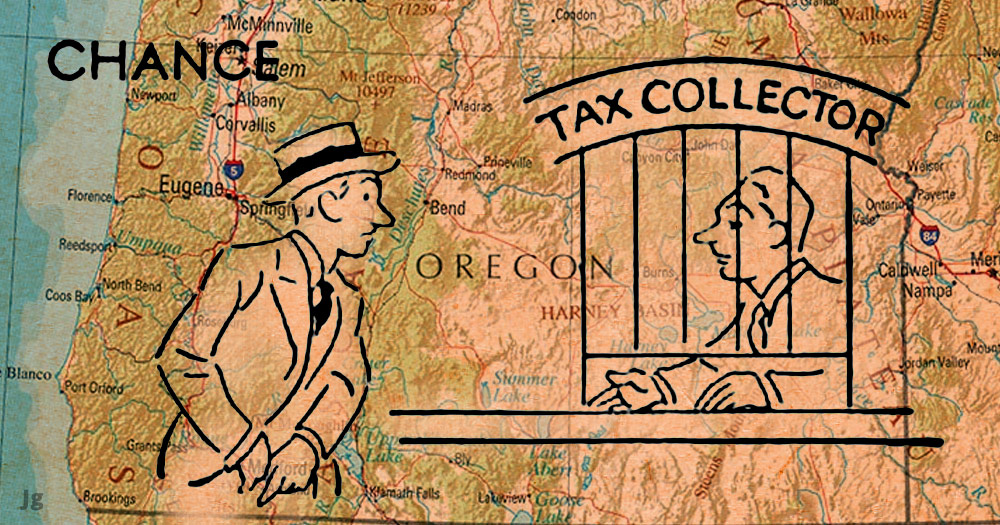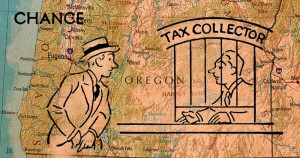Oregonians have quite a few ballot measures this year.
And only one of them seems obviously nutty: Measure 97.
It would raise taxes on the very biggest of companies. The richest — that is, those with $25 million in sales.
Among the reasons given for this excise hike, which is estimated to be the biggest in the state’s history, are a whole bunch of “ooh, look at what we can do with all that loot!” enticements. Yes, and then there is the tried-and-untrue staple of the left, the “make large and out-of-state corporations pay their fair share in taxes” ploy.
Admittedly, trying to get out-of-state entities to pay for your benefits is classic. What “Let somebody else pay” lacks in nobility and morality it makes up for in avarice’s perennial appeal.
But the practical problem? A tax hike is just a bid on a future expropriation. Tax targets can, in effect, counter-offer by moving, or threatening to move, out of taxing territory.
Imagine yourself a thief. Then imagine first announcing to your victims where, when and how much you intend to take.
Right now Oregon sports the tenth best business environment in the country and, maybe, the lowest business taxes*. Raise taxes to the “middle of the pack” and businesses begin to look at states with lower rates.
Objectionable? Doesn’t matter. Folks go into business to make profits, not pay taxes.
Against this reality? Measure 97’s many bigwig supporters: the progressive Democratic governor, Democratic legislators and big-spending public employee unions eager to expand their bottom lines.
But by seeking to maximize near-term tax rates, these greedy special interests risk losing revenue further off, after businesses flee the state.
This is Common Sense. I’m Paul Jacob.
* The Oregon Center for Public Policy ranks Oregon as tied with Connecticut for the lowest in the nation.

